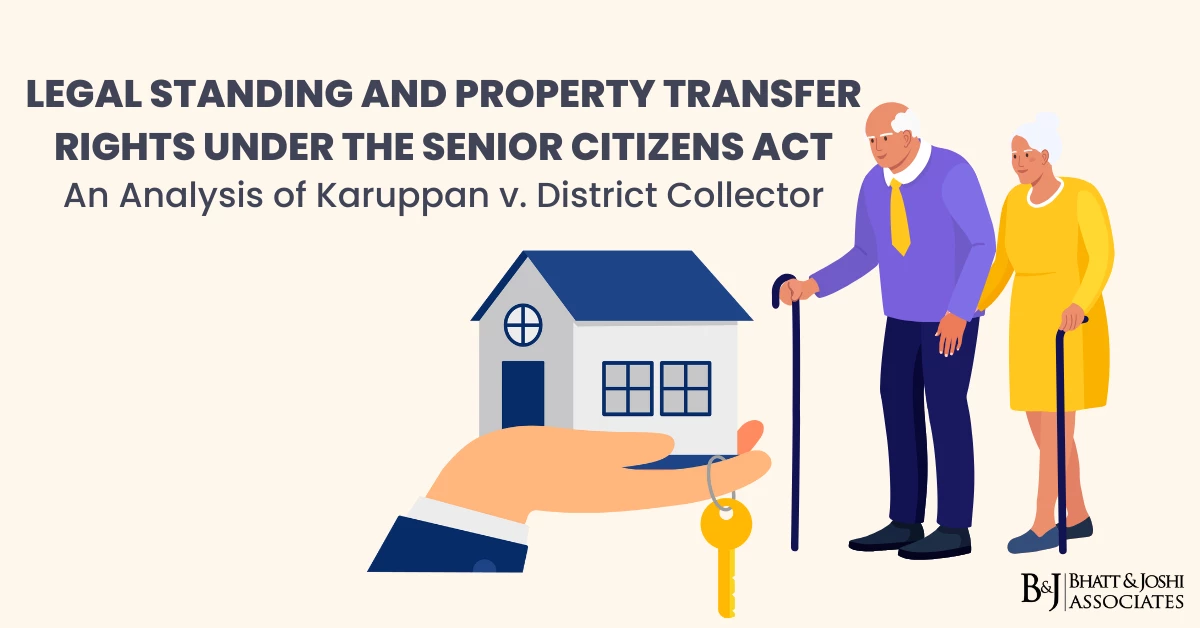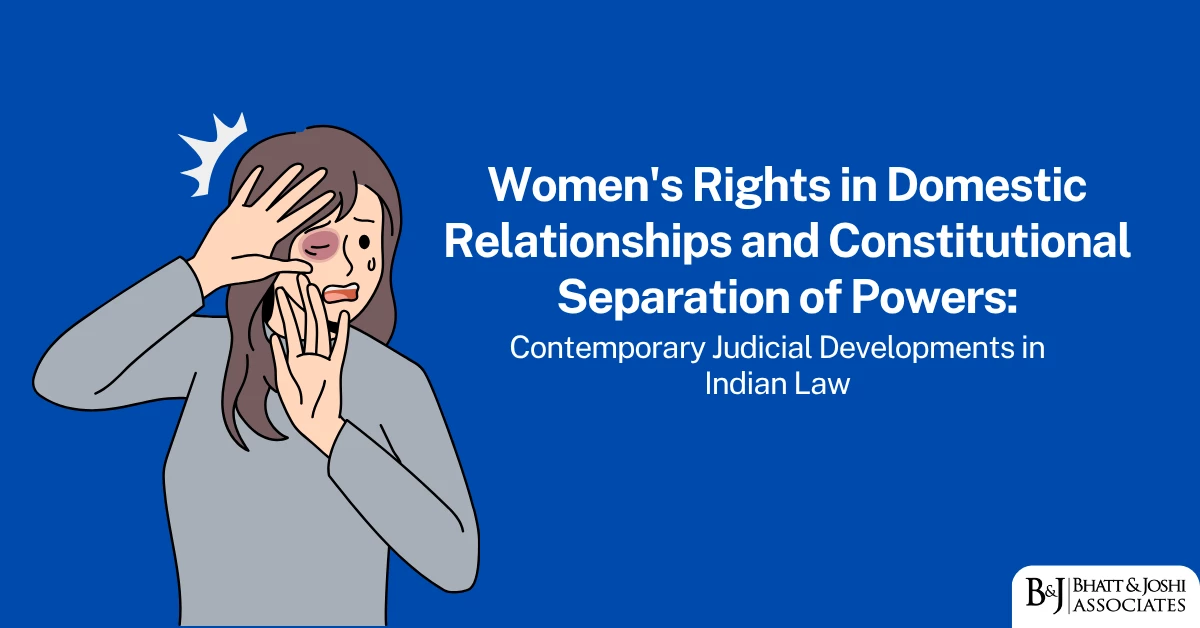Introduction
In India, the power to investigate crimes lies with the State Police Forces and other special investigation agencies for particular crimes. The Magistrates and Public Prosecutors also play an important role in conducting investigations but their influence on the investigation is limited, their functions do not influence the investigation much, and the primary actions required in an investigation are done by the police only. It can be inferred that the police are the prime authority that has the most bearing on an investigation. In the case of H.N. Rishbud & Ors. vs. the State of Delhi, the Supreme Court briefly summed up the elements of the processes of investigation in five steps namely:
- Proceeding to the scene of crime,
- Ascertainment of the facts and circumstances of the case,
- Discovery and arrest of the suspected offender,
- Collection of evidence relating to the commission of the offence which may consist of:
a.the examination of various persons (including the accused) and the reduction of their statements into writing, if the officer thinks fit,
b. the search of places of seizure of things considered necessary for the investigation and to be produced at the trial, and
- Formation of the opinion as to whether on the material collected there is a case to place the accused before a Magistrate for trial and if so taking the necessary steps for the same by the filing of a charge-sheet under Section 173 of the Code of Criminal Procedure.
The Functions of Magistrates in an Investigation
- Like the police the Magistrate is also empowered to arrest a person who has committed an offence in his presence. He can arrest such a person either himself, by issuing a warrant or by directing any other person to make an arrest. Section 44 of the Code of Criminal Procedure provides the power to a magistrate to make an arrest. The power of arrest given to a magistrate has a wider ambit as he can even get arrested a person who has committed a non-cognizable offence.
- For the purpose of Test Identification Parade, Section 54A of the Code of Criminal Procedure allows a court acting on the request of an investigation officer to direct an arrested person for an identification test by a particular person or persons which the court considers fit.
- Section 91 of the Code of Criminal Procedure provides that for the purposes of investigation, a court having jurisdiction can order the production of any document or a thing needed in investigation.
- Section 92 of the Code of Criminal Procedure provides the court a power identical to Section 91. Under this section the court can order the postal or telegraph authorities to deliver any letters, telegrams, parcels which are required for the purpose of investigation.
- Section 93 of the Code of Criminal Procedure provides the Court the power to issue a Search Warrant in cases where the court suspects that the person or authority directed to produce a document or thing under Section 91 or 92 will not produce such document or thing. The court may also exercise the power under Section 93 if the document or thing required for investigation is not known to be in the possession of any person. This power is quite similar to the power of search provided to an officer under Section 165.
- Section 156(3) of the Code of the Criminal Procedure provides a Magistrate of First Class to order the investigation officer to investigate any offence. The magistrate can order investigation after receiving a police report, a complaint or on his own knowledge. Section 156(3) provides the magistrate power to order further investigation in a case if he is not satisfied with the final report of the police. In Vinubhai Haribhai Malviya vs. State of Gujarat the Supreme Court changed the existing jurisprudence in 156(3) and held that the power under section 156(3) can be exercised even after cognizance of a case has been taken under Section 190 of the Code of Criminal Procedure.
- Section 159 of the Code of Criminal Procedure also gives power to a magistrate to direct an investigation in a case of which a report has been received under Section 158. However, this provision does not give the magistrate a general power to investigate. It was observed in the 41st Report of the Law Commission of India that the power under this section is to be exercised only when it appears that the police are neglecting their duties or are avoiding investigation on vague grounds.
- Under Section 164 of the Code of Criminal Procedure all magistrates are empowered to record confessions and non-confessionary statements by a person for the purpose of investigation. The exercise of the power under this section is only available before the commencement of any inquiry or the trial.
Problems in Investigation Process
The presence of powers provided to the magistrate are complete on paper but they do not mean much on the ground. When the problems regarding investigation are logistical, political and related to the lack of skills of police then no magistrate can fix the lacunae in investigation just by giving directions sitting in a courtroom. The Judiciary can only direct, the proper and timely execution of its orders are the responsibility of the executive. The NALSAR University, Hyderabad conducted an exhaustive study of the problems of Investigation namely ‘Problems in the criminal investigation with reference to increasing acquittals: A Study of Criminal Law and Practice’ and had reported the following findings which deserve a mention:
- Delay in filing of charge-sheet and faulty investigations are the major factors which lead to acquittals.
- Case diaries which are required to be maintained by the investigating officers, under Section 172 of the Code of Criminal Procedure, are not managed properly. The reasons cited for it are time constraints and lack of training. Case diaries are the eyes and ears of the judge regarding an investigation, improper maintenance of a case diary virtually renders all of the inquisitorial powers of a magistrate nugatory.
- Many Judges complain that the statements of witnesses recorded under Section 161 are not truthful and in essence are the statements of the police and not the witnesses which leads to problems for the prosecution.
- There is an unwritten practice of delaying the registration of F.I.R. unless permitted by a senior police officer. This is a major concern as prompt registration and action on a complaint is essential in criminal matters so that essential evidence is not lost or destroyed.
- Forensic experts have their own problems due to which their reports usually reach the police late where their help is required. This problem leads to delay in filing charge sheets which leads to acquittals.
- Non-cooperation of the public is another reason for delays and faulty investigation. The reason for this could be the negative image of the police and the fear of harassment and the general negative perception of the public regarding facing judicial proceedings.
- Absence of modern equipment like cameras and video recorders further impediments in the smooth conduct of investigation. This is a reality even in most city based police stations despite the fact that so many investigation processes have mandatory requirements for video recording.
The issue of political interference in the police departments at the state level was discussed in the 2nd report of the National Police Commission appointed in 1977.
The report observed that the current framework heavily supports the executive control of the state police department. The Commission noted that political control is one of the prime reasons for the nefarious qualities attributed to the police like abuse of human rights, erosion of rule of law and loss of faith in police as a professional organisation and protector of the public. The threats of transfers and suspension is the most used modus operandi by politicians to bend the police down to their will. This is a dangerous practice as not only it affects cases where the politician has a vested interest but also it creates an unscrupulous opportunity for the politician to get bribes and favours from every section of the society for his ability to weaken cases.
Approach of Supreme Court on Separate Magistrates Cadre to monitor collection of Evidence
The Supreme Court has discussed the feasibility of creating an independent and separate cadre of Judicial Magistrates for monitoring evidence collection during criminal investigation. A bench comprising then Chief Justice of India SA Bobde, Justices L Nageswara Rao and S Ravindra Bhat orally observed that supervision by a Magistrate can ensure fool-proof collection of evidence at the crucial initial stages of an investigation.
There are police investigations, in which the investigating team goes to the scene of the crime and forgets to pick up crucial evidence. If a Magistrate is associated with the investigation, there will be a greater sense of responsibility for the police”, then CJI SA Bode had remarked. The bench made these observations while considering the suo moto case taken to address deficiencies in criminal trial. The Sakiri Vasu decision states that the Magistrate has power to monitor investigation under Section 156(3) CrPC”, it was also stated that giving vast investigative powers to the Magistrate may create problems. It was emphasised that “We have a system of separation. We don’t want to have a situation where the Magistrate is committed to the investigation. It may lead to issues”. The bench had then clarified that it was talking about a supervisory role for the Magistrate at the stage of evidence collection.
The bench also stated that even under the existing system, a Magistrate can become a witness in a trial, as regards recording of Section 164 CrPC statement, recording of dying declaration, holding of Test Identification Parade etc. It was also clarified that the bench was not proposing to make the Magistrate who is hearing the case participate in the investigation and that it was thinking of an independent cadre of Magistrates for investigative purposes. “It will not be the Magistrate who will hear and judge. We will not do something absurd like that”, CJI Bobde said and then justice bhat had stated that “There are some serious cases, where police fail to collect crucial evidence. We need to think of a system…may be a different independent cadre”, The CJI opined that participation of Magistrates in the investigative process is likely to increase the public confidence in the system. The bench ultimately said that it will take suo moto notice of this issue in another case and will issue notice to States. The bench also said that it will make Senior Advocates Sidharth Luthra, R Basant and Advocate K Parameshwar – who were assisting the court in the present suo moto case- as amicus curiae in the other case as well. As regards the suo moto case the bench reserved orders after discussing the Draft Criminal Rules of Practice framed by the amici curiae. All High Courts and State Governments submitted their responses to the Draft Rules, as per the earlier directions of the Court. The Draft Rules of Criminal Practice prepared by the amici curiae may be read here. The bench said that it will approve model rules of criminal practice for adoption by High Courts.
The Supreme Court is not wrong in its approach but giving magistrates a supervisory power in collection of evidence means introducing a system which is not in consonance with the existing jurisprudence of criminal litigation. Giving any judge or magistrate powers which get him out of the courtroom and to the scene of crime is a serious violation of the principle of separation of powers. Although the three powers constantly enter into each other’s domain, it is usually without any serious repercussions and is limited to temporary and less important tasks. But if a member of the Judiciary is also conducting investigation routinely in criminal matters, then besides increasing the workload of the magistrate, it will amount to giving too much power in the hands of a single person making the position susceptible to corruption and use of arbitrariness in decisions.
Can an institution of Magistrates supervising investigation be introduced in India, will it solve all the problems that plague the police? For that we need to study how an Inquisitorial system works, the Criminal Justice System of France is a suitable example in this regard. In France the function of investigation is not assigned to the police alone and prosecutors and magistrates have supervisory powers in the matters of investigation
Process of investigation in the French Criminal Justice system wherein Magistrate plays an active role in the Investigation process.
In France, investigation of a crime is undertaken by the police which is supervised by either the prosecutor or an independent judge called the Juge d’instruction (Investigation Judge). The Public Prosecutors come under the Ministry of Justice and form a part of the executive. The Judiciary at the lower level consists of the Investigation Judges and Trial Judges known as Magistrat, the trial judges are presiding officers and do not undertake investigation. The police authorities in France that conduct investigations are represented by an institution known as Officiers de police judiciaire (Officers of the Judicial Police, hereinafter the OJP), this is in contrast to the Indian system where there is a thin line of difference between the Police force involved in law and order and the one involved in investigation.
Conclusion
The Indian Code of Criminal Procedure and the Indian Evidence Act gives many powers to judges in the stage of investigation and trial as such as:
- Ordering further investigation.
- Ordering custody of accused persons.
- Issuing commissions.
- Providing conditions for release from custody.
- Authorizing investigation in cases where police refuse to act.
- Ordering search of places.
- Summoning any witnesses, subjecting them to intense scrutiny.
In simple words, except for a few powers, the trial courts of India are equipped more than enough to conduct any form of inquiry or investigation to arrive at the truth. The difference between the French and Indian Judges is that in France the investigation judge plays a proactive role in the process of investigation and is not detached from the process of Investigation, whereas in India, the judges exercise their inquisitorial powers with restraint and most powers are exercised on the request of the investigation officer or the prosecutor.
So what changes can be expected if a separate cadre of investigation magistrates is created to supervise investigation as is envisaged in the observations of the Supreme Court. Here are a few positives which can be expected:
- All crucial evidence will be gathered, practice of deliberate exclusions of inculpatory and exculpatory evidence done by the police can be minimized;
- Witnesses are more likely to feel safer if the investigation is done under the watchful eyes of a magistrate;
- Custodial tortures, forced confessions, tutoring of witnesses and other mischievous practices associated with investigation can be avoided;
- Women and other weaker sections of the society can testify and file complaints without the fear of harassment;
- The scope for improvement in investigation procedures will be higher if magistrates are involved in the processes;
- The dual burden of maintaining law and order and investigation on the police can be eased.
Written By – Gourav Bavishi












